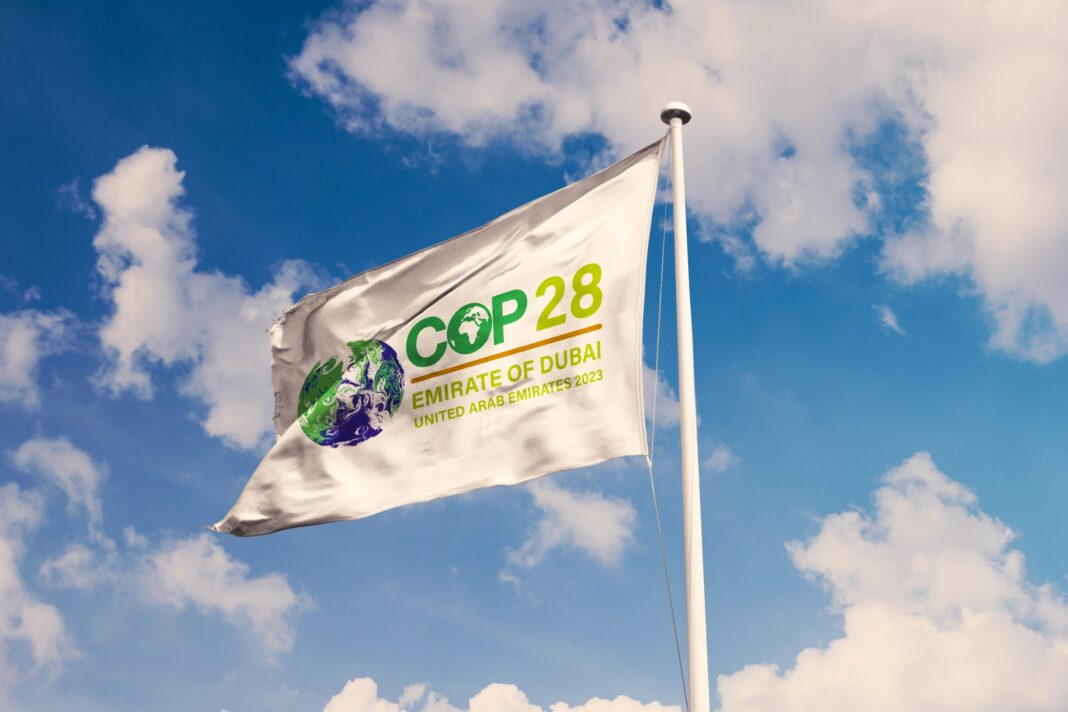by Raffaele Crocco
What can we expect from this COP28, which will occur in Dubai from 30 November to 12 December? Not much good, you might think. It’s not pessimism that leads us to imagine that the results of yet another Conference of the Parties (COP, as it is called) could be meagre, but a sobering realism born of the big picture, of what we are facing.
Take the choice of venue, for example. Holding such a meeting in Dubai is like entrusting an open safe to a thief. It is one of the most polluted cities in the world. It will be chaired by the controversial Sultan Ahmed al-Jaber, CEO of the United Arab Emirates’ leading fossil fuel company, oil. Ahead of the event, there are rumours of a packed schedule of unofficial parallel meetings with representatives from dozens of countries, including Canada, Australia and Germany. The aim is to sell oil: the UAE wants to increase production by 27% in three years. Even here, decisions on the ecological transition are wavering.
So the outlook is not promising. Add to this the certainty that everyone, every country in the world, is coming to this annual event knowing they are failing to deliver. In fact, the commitments made by the international community with the Paris Agreement in 2015, notably the goal of limiting the global average temperature increase to 1.5 degrees by 2050, have been ignored.
Efforts to combat global warming have stalled. There has been a slight increase in the use of renewable energy – from the sun, wind and water – in some countries, but it has stopped well short of achieving any real results. The war in Ukraine has effectively turned back the clock. Industrialised countries, frightened by running out of supplies and electricity, have turned to fossil fuels in the hope that their industries can keep going. The result: the UN Environment Programme (UNEP) says we are heading for 2.5 to 2.9 degrees of warming by 2100.
To make matters worse, there are problems with the Loss & Damage Fund, which was set up to compensate the poorest countries for the losses and damage caused by global warming. This was decided at COP27 in Sharm el-Sheikh last year. Negotiations led to a compromise: the World Bank will manage it for four years, and then a decision will be made. The poorest countries do not like the idea, and a fierce battle is expected between the North and South of the world.
The COP28 will open on 1 December in a big way. There will be presidents, heads of government and kings. Pope Francis will also be there, who has always been committed to environmental issues. An important audience who cannot deny that the consequences of climate change are now visible to all. They take the form of desertification, violent floods and food shortages. They have the face of millions of people suddenly forced to leave their homes and land to survive. Recognising that time is running out, that we must act immediately and effectively, is the only intelligent thing we can all do. Let’s hope that those gathered in Dubai share this perspective.
Cover image ©rafapress/Shutterstock.com
























